Replacing old radiators: Increase efficiency
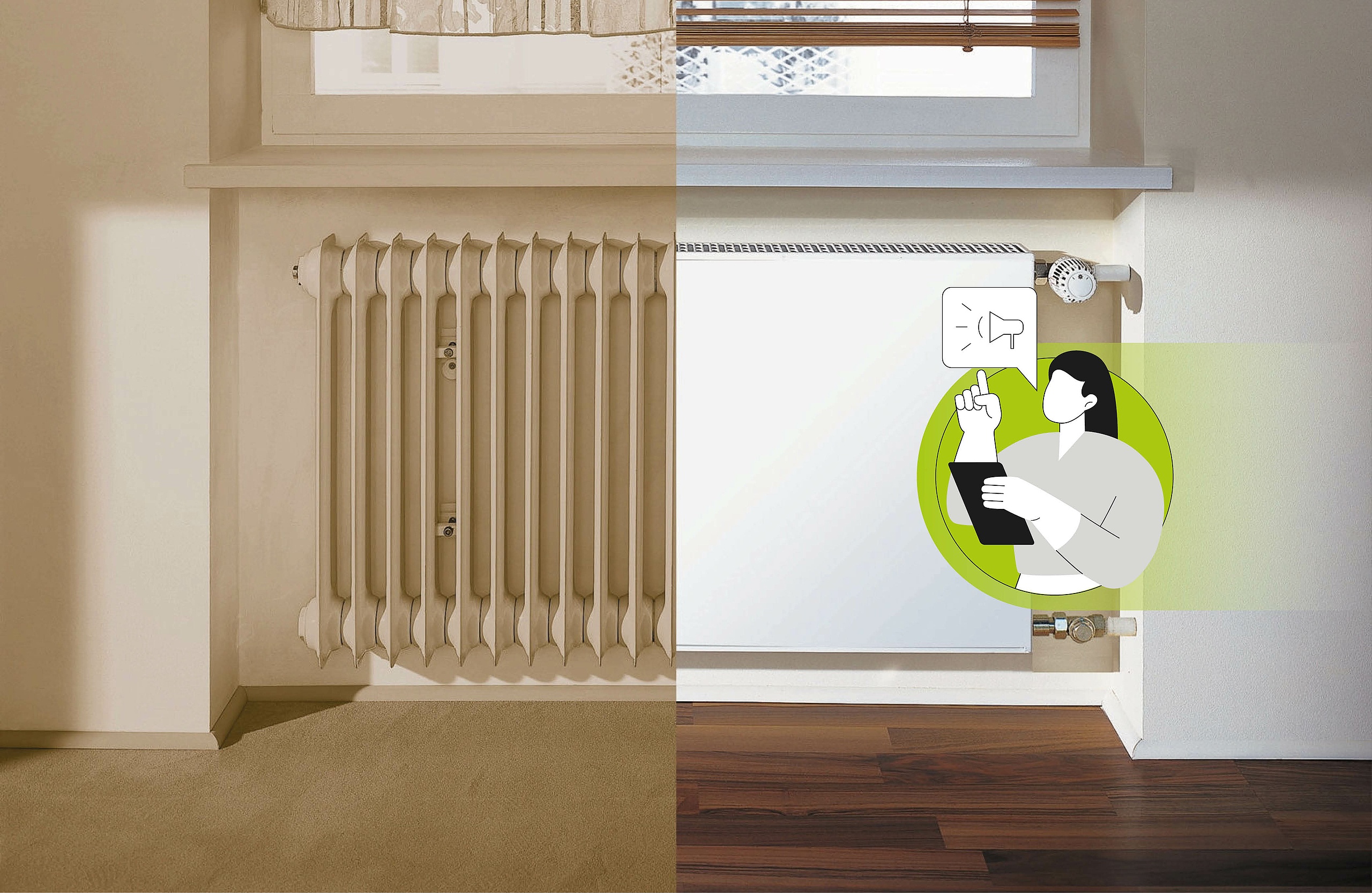
To heat more efficiently, it is not always necessary to replace the entire heating system. Even simple measures such as the replacement of old radiators can increase the efficiency of the entire system and thus save heating costs. Because no matter what energy source is used for heating - modern radiators or underfloor heating systems are considerably more efficient than outdated radiator heating systems and thus reduce energy consumption.
At a glance
- Why old radiators should be replaced: Old radiators work inefficiently, consume more energy and often no longer provide the desired level of heating comfort - replacement increases efficiency and quality of living.
- What advantages modern radiators offer: New models impress with precise controllability, lower energy consumption and an attractive design.
- How to replace radiators without a great deal of effort: Replacement radiators can be fitted directly to existing connections - without any dirt or conversion work, ideal for quick modernisation.
- Which heating solutions are suitable for different requirements: Steel panel radiators with modern technology for energy-saving heat, special heat pump radiators, bathroom radiators with design appeal, retrofittable underfloor heating or flexible electric radiators for rooms used temporarily - there is a suitable heating solution for every living situation and requirement.
That's why it's worth replacing old radiators:

- Old radiators are cumbersome due to their large water content
- They require higher flow temperatures and therefore consume more energy
- They are not suitable for the low operating temperatures of modern heat generators based on renewable energies
- They no longer provide the desired thermal comfort
- Rust in old radiators can lead to leaks
- Visually, old tubular radiators usually do not meet today's requirements for living space design
What advantages do modern radiators offer?
- Modern radiators can be regulated more finely
- They enable more efficient and therefore economical energy utilisation
- They are compatible with modern heat generators such as condensing boilers, heat pumps and solar thermal systems
- They reliably ensure a cosy indoor climate
- Functional and attractive radiator design including a wide range of colours completes the feeling of well-being
Tip: Replacing radiators without high modernisation costs
Replacing radiators can be done without any major modernisation work: KERMI replacement radiators fit exactly into the connections of outdated DIN radiators and can therefore be installed without any major structural changes. This means you can bring a new, efficient warmth dispenser into your home without any dirt or stress - and benefit from greater heating comfort and stylish design.
Different heating solutions
There are many reasons for replacing old, technically outdated radiators. However, choosing a new radiator is often difficult given the wide range of products on offer. Here, the question of your own requirements and the specific application can help. What do you focus on when modernising your heating system?
More efficient heating: Saving energy with the radiator
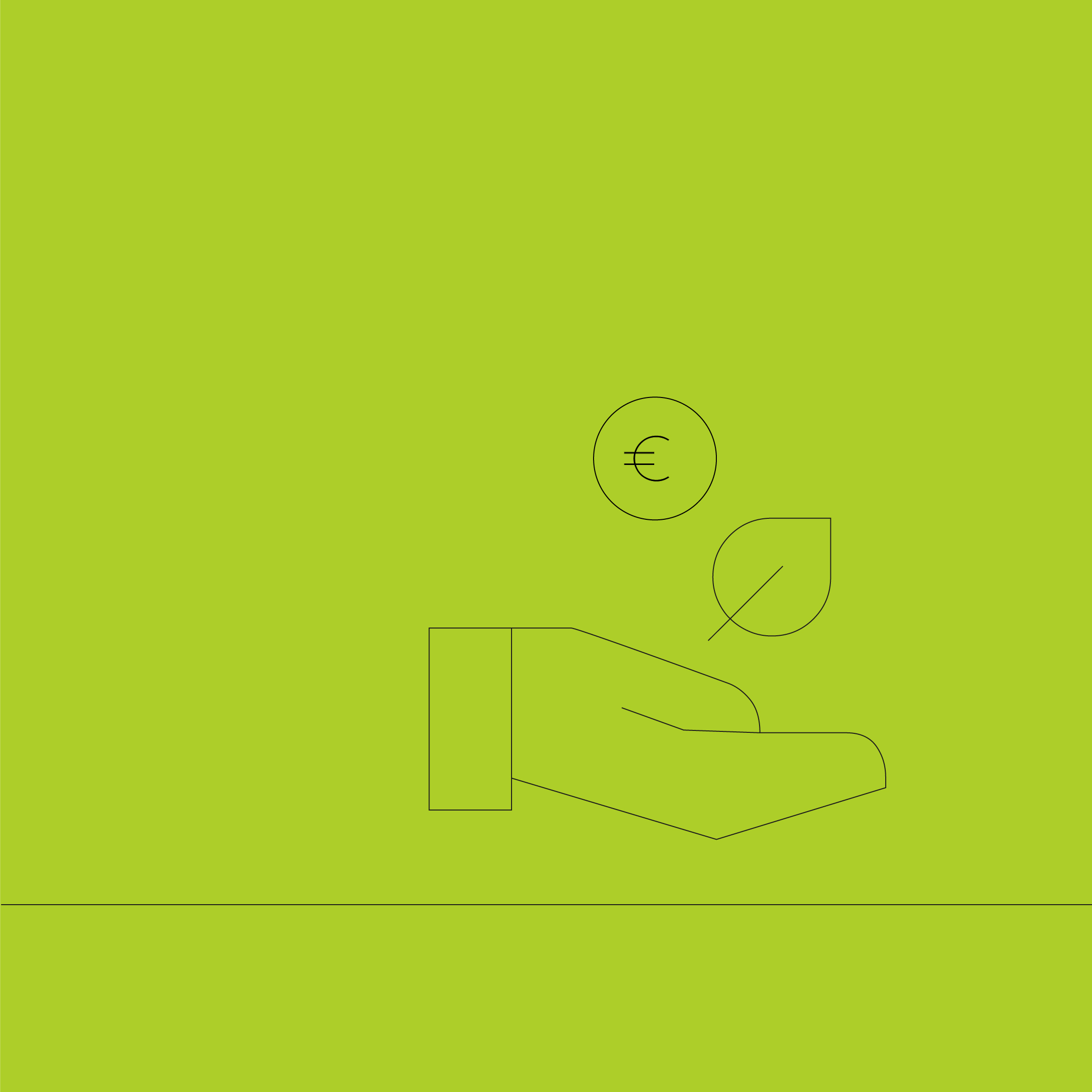
Anyone who replaces their radiator with a modern steel panel radiators benefits from an increased proportion of radiant heat. Compared to convection heat, it heats objects and bodies rather than the room air. This is perceived as particularly pleasant, so that you feel comfortable even at lower temperatures and can therefore heat more economically. KERMI's x2 technology further increases efficiency - making energy savings of up to 11 per cent possible.
Switching to renewable energies: Radiators as a partner for the heat pump
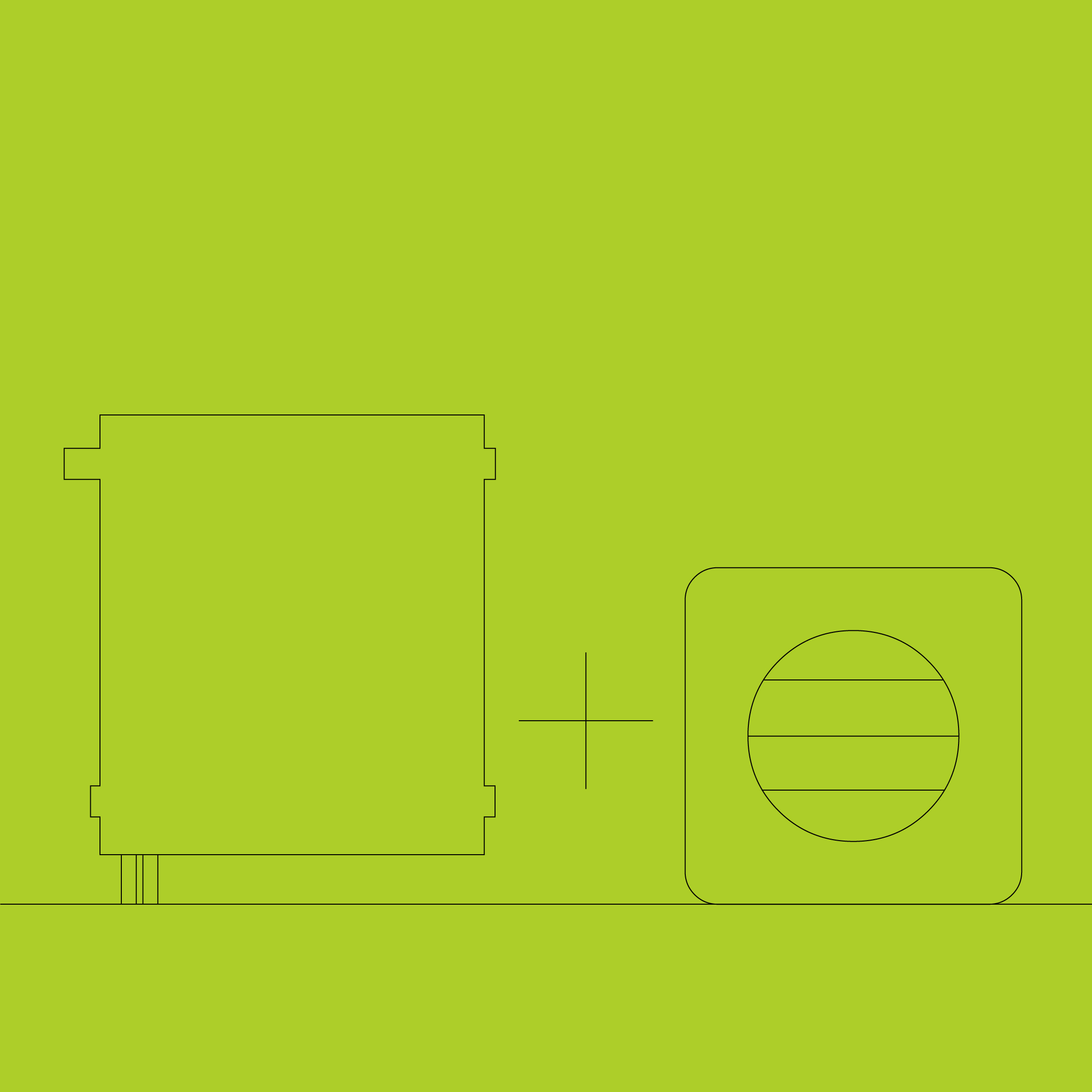
Particularly when retrofitting a heat pump in existing buildings, it is important to bear this in mind: The existing radiators are usually designed for the high flow temperatures from gas or oil heating systems. However, heat pumps deliver significantly lower flow temperatures, with which old radiator versions are often no longer able to deliver the desired heat - a reason to replace the radiator.This is because special heat pump radiators such as the x-flair ensure maximum heating comfort even at low flow temperatures.
Bathroom renovation: setting visual accents with the radiator
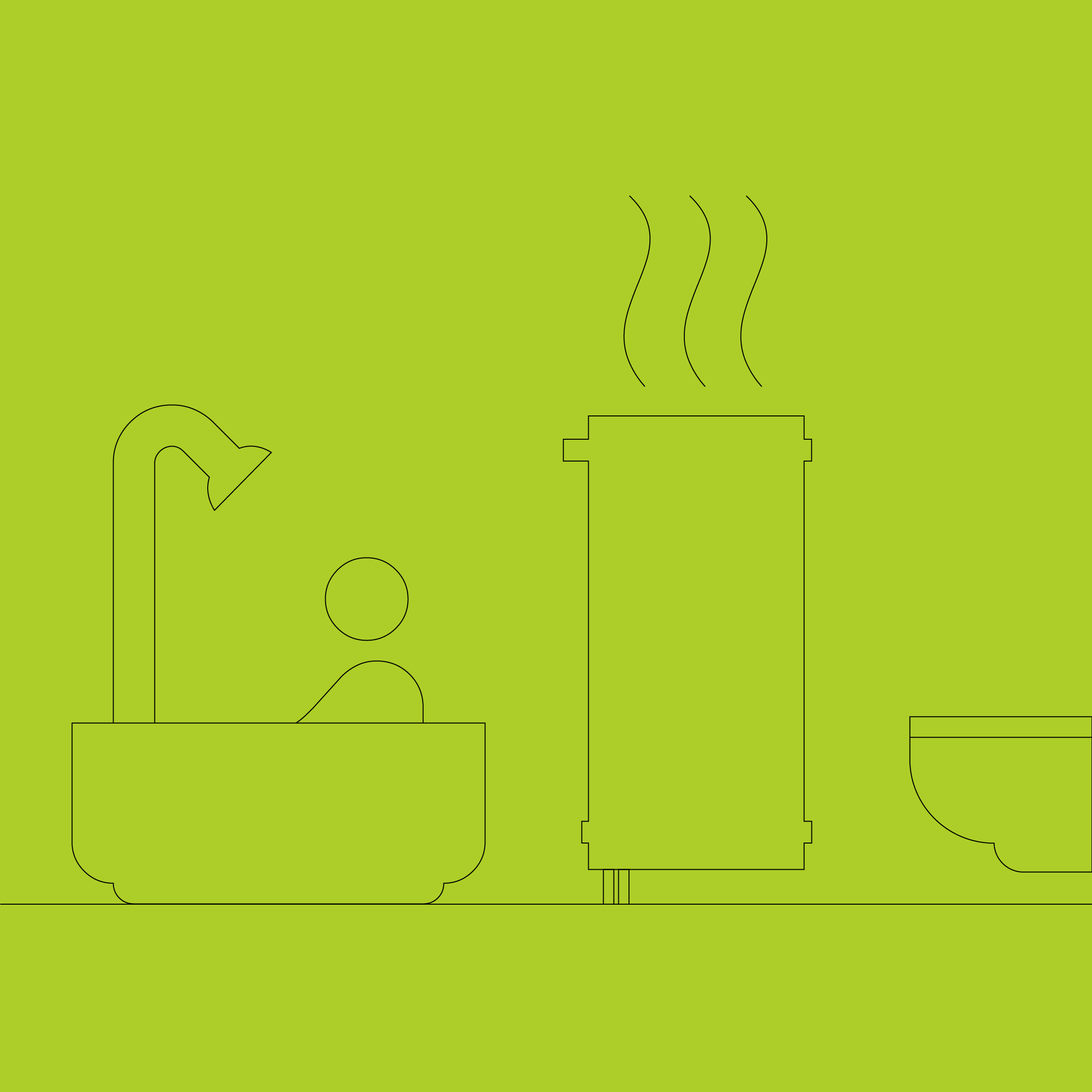
The demands placed on radiators in the bathroom have changed and expanded over the decades. Especially when a small wellness oasis is to be created in the course of modernisation, more is expected of a radiator than just heating the room. A modern bathroom radiator offers the option of conveniently hanging towels and preheating them. This is why it also differs from classic models in terms of design. With a wide range of designs and colours, it is now a design element.
For a whole new level of thermal comfort, why not retrofit underfloor heating?

Many people want a pleasantly warm floor for their feet and design freedom without any visible warmth dispensers in the room, especially in living areas. Underfloor heating offers this comfort.
Retrofitting underfloor heating can therefore also be an option if old radiators are to be replaced. Thanks to special renovation solutions, this is usually not as costly as often feared.
Fast, independent heat: heating with electricity
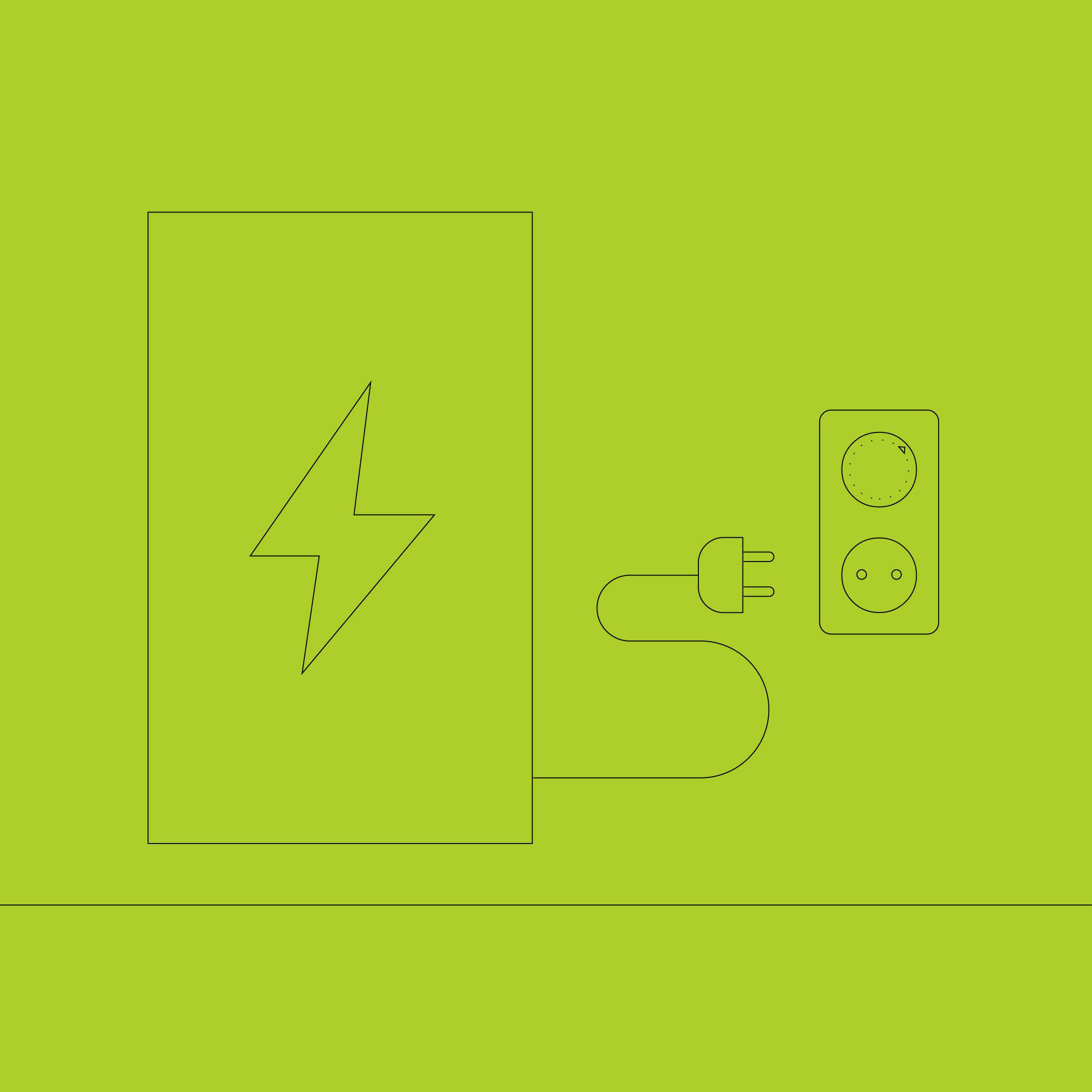
If a room is rarely used, it only needs to be heated for short periods of time. In other rooms, more heat is needed for a limited period of time - for example in the bathroom for the morning shower. Electric radiators or electric underfloor heating can be used to replace or supplement old radiators, especially for these short-term heat demands. Powered by electricity, electrical solutions provide pleasant warmth particularly quickly and do not require a connection to the central heating system, just a socket or cabling - ideal for renovations.
FAQ
Should old radiators be replaced?
Is it possible to replace a classic radiator with a towel radiator?
What do I need to look out for if I want to replace my bathroom radiator with a towel radiator?
What do I need to consider if I want to replace my radiators with underfloor heating?